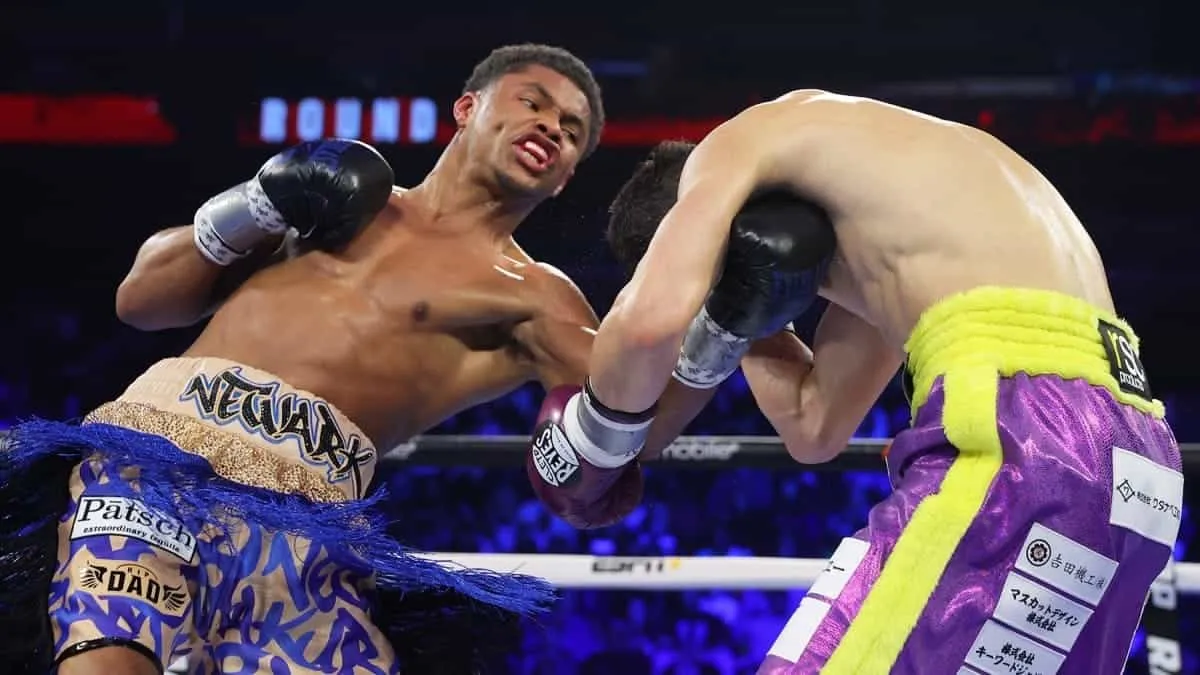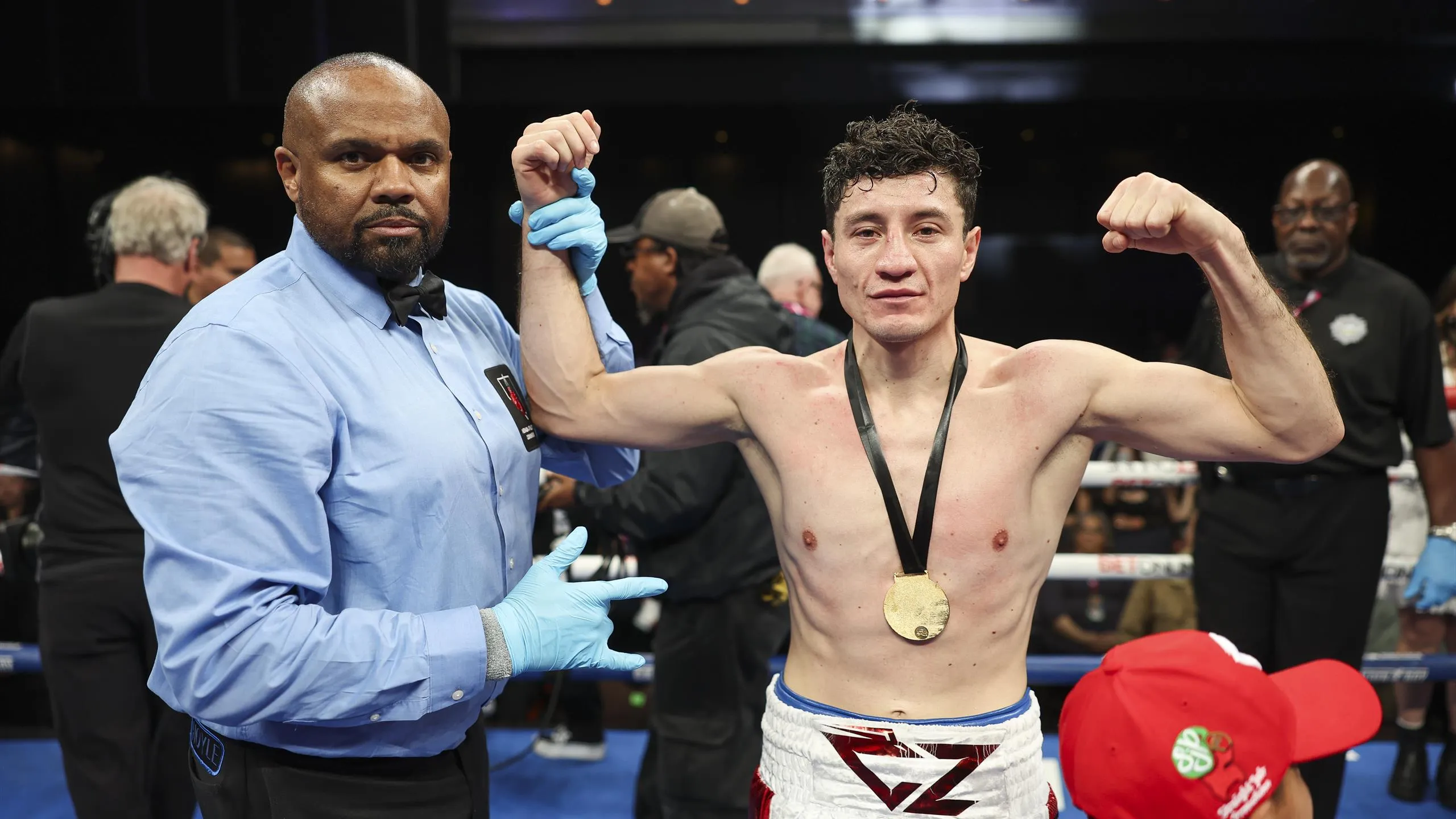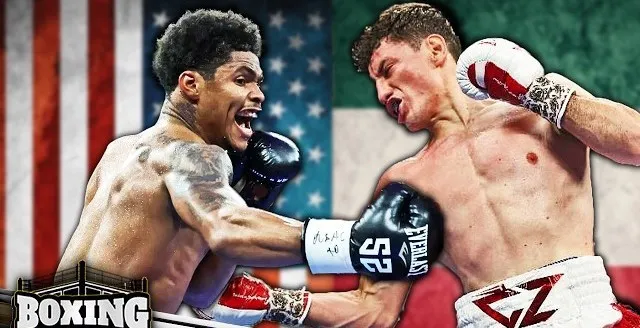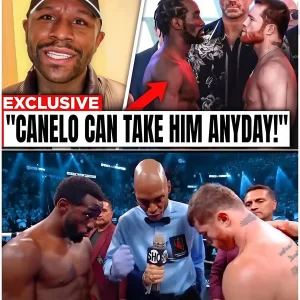The boxing world was abuzz when the World Boxing Council (WBC) announced that Shakur Stevenson and Jose Zepeda had been ordered to face each other in a highly anticipated bout. However, despite the initial excitement, there are several reasons why this fight might not come to fruition. Let’s delve into the key factors that could prevent this matchup from happening.
One of the primary obstacles to making this fight a reality is the complex web of promotional and network affiliations. Shakur Stevenson is promoted by Top Rank and primarily fights on ESPN, while Jose Zepeda is associated with other promotional entities and networks. Coordinating between different promoters and broadcasters often leads to protracted negotiations, if not outright impasses. The business side of boxing, with its intricate contracts and exclusive deals, can be a significant hindrance to fight arrangements.
Boxing is as much about business as it is about sport, and financial disagreements are a common stumbling block in making fights happen. Both Stevenson and Zepeda have their respective market values and expectations for fight purses. Negotiating a satisfactory financial package that meets the demands of both fighters, their promoters, and the networks involved can be challenging. If the parties cannot agree on terms, the fight is unlikely to proceed.
Both Stevenson and Zepeda have their career trajectories and aspirations to consider. Stevenson, a rising star and former world champion in multiple weight classes, may view a fight with Zepeda as a high-risk, low-reward scenario. Conversely, Zepeda, who has had several close calls in major fights, might see Stevenson as a formidable challenge that could derail his own ambitions. Fighters and their teams often weigh the potential risks and rewards of a matchup carefully, and if the perceived risks outweigh the benefits, they may opt to pursue other opportunities.
Boxing schedules are notoriously difficult to coordinate, especially with top-tier fighters who have busy calendars and existing commitments. Both Stevenson and Zepeda might have other planned fights, training camps, or personal obligations that make it hard to find a mutually convenient date for the bout. Moreover, injuries and recovery periods can further complicate scheduling, leading to delays or cancellations.
Both fighters might also face mandatory obligations from other sanctioning bodies. Stevenson, for instance, could be mandated to defend his title against a different contender, while Zepeda might be lined up for another significant fight. These mandatory defenses and obligations can take precedence over voluntary matchups, making it difficult to align their schedules for a fight against each other.
Finally, while hardcore boxing fans might be excited about a Stevenson vs. Zepeda matchup, the fight needs to generate enough public and market interest to justify the financial investment. If promoters and networks believe that the fight will not attract sufficient pay-per-view buys or ticket sales, they might be reluctant to invest in it. Public demand plays a crucial role in determining which fights get made, and if there isn’t enough buzz, the fight might not materialize.
While the WBC’s order for a fight between Shakur Stevenson and Jose Zepeda has sparked excitement in the boxing community, several significant obstacles could prevent it from happening. Promotional and network conflicts, financial disagreements, risk vs. reward considerations, timing and scheduling conflicts, mandatory obligations, and public demand all play crucial roles in determining the feasibility of this matchup. Until these issues are resolved, the likelihood of seeing Stevenson and Zepeda face off in the ring remains uncertain.





